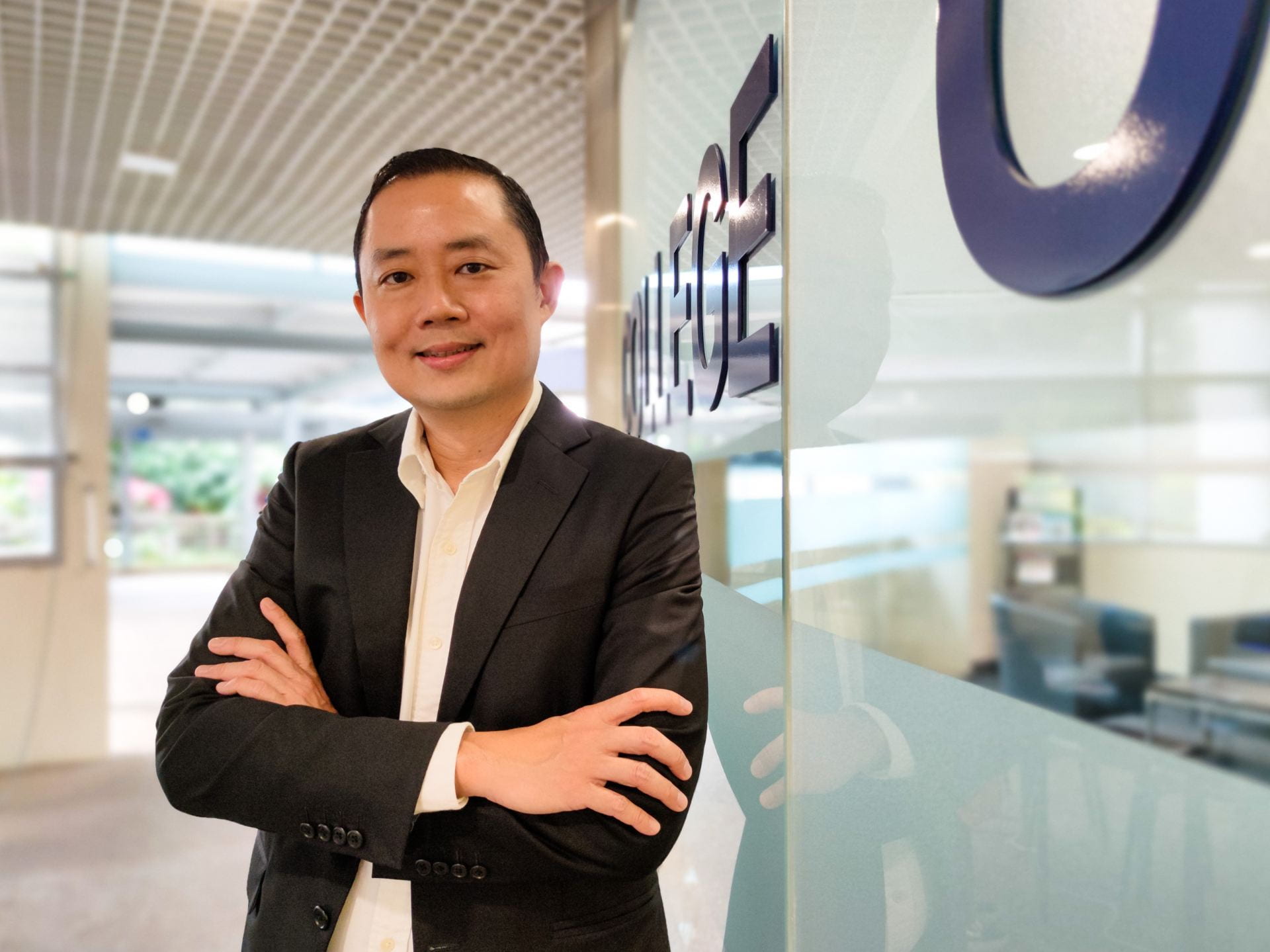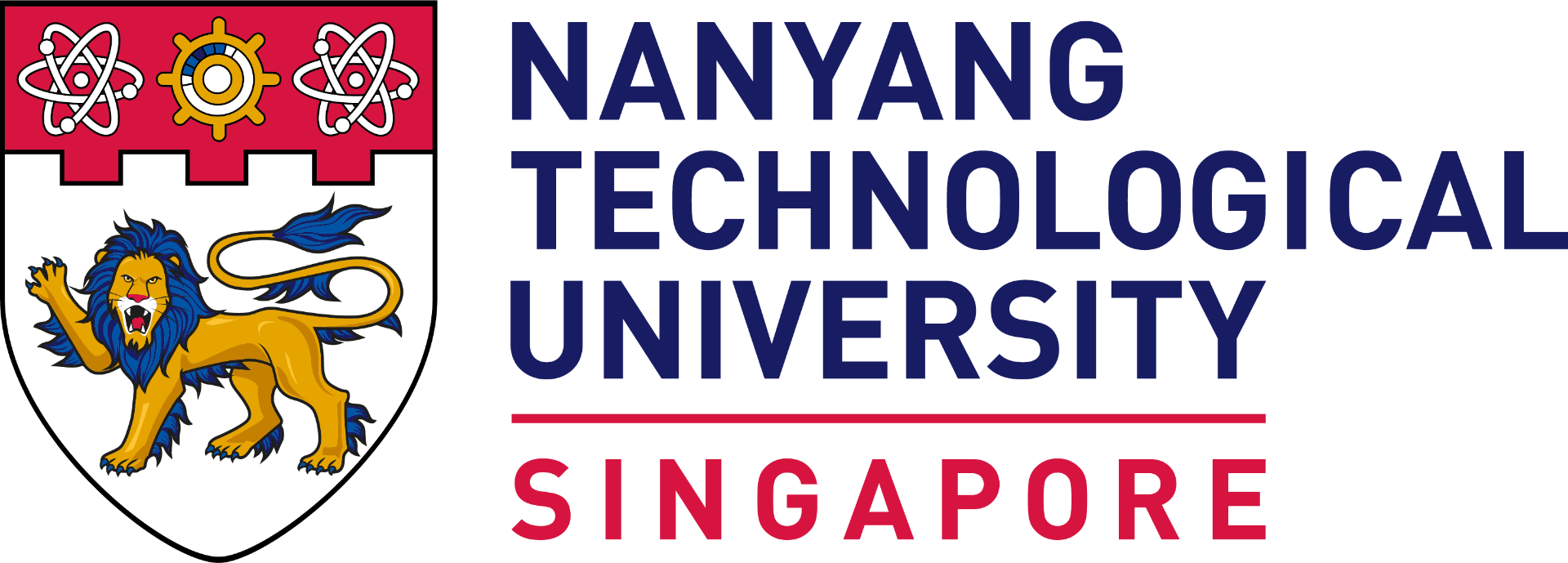Prof Louis Phee, engineering dean, innovator and entrepreneur – and one of the key drivers of NTU’s new interdisciplinary curriculum for first years – shares tips on building a strong career in the digital age, where artificial intelligence (AI), data and digital technologies are rewriting the rules of the job game
by Foo Jie Ying / Photo by Lester Kok

EMBRACE DATA
Data, as they say, is the new oil. The hottest jobs of the future will involve data manipulation. Jobs in automation, robotics, AI and data science will be trending upwards, but the importance of data manipulation is not limited to these sectors. For instance, lawyers can use AI to decipher past legal data quickly instead of relying on a paralegal. Civil engineers who design bridges using AI will be able to come up with something that is aesthetically out of this world, and yet with structural integrity. “Look at the top tech companies – their staff size plateaued years ago but their revenue has been growing. Embracing data, AI and robotics has made them capable of doing more with the same resources, or less,” says Prof Phee.
BE A JACK-OF-ALL-TRADES
University education trains you to become a master in one discipline, but in today’s context, being a jack-of-all-trades is equally important. NTU’s new common core curriculum for undergraduates places stronger emphasis on interdisciplinary skills in covering topics such as digital literacy, communication and inquiry, ethics and global challenges. “For instance, you may not need to learn everything there is to know about entrepreneurship, but you should at least be able to think out of the box. Similarly, regardless of your discipline, everyone should know about sustainability, or basic data analytics,” says Prof Phee.
DON’T SHY AWAY FROM NEW THINGS
The future doesn’t stand still, and neither can we. Just like how COVID-19 accelerated our transition into the fourth industrial revolution, the pace of technological innovation means that new industries, companies and ways of working are always out there. With change being the only constant, be comfortable with being uncomfortable, says Prof Phee. This means being adaptable to change so it doesn’t throw you off. “In fact, forward-looking people who acquire in-demand skillsets before the rest would be ahead of the curve,” he adds.
LEARN TO “FISH”
While we used to think about finishing university as a destination, getting that degree is only the first step – the learning must continue as you go along so you can pick up relevant, new skills. More important than a laundry list of skills is the proof that you can learn new skills and adapt to solve complex and novel problems. In this respect, the nation’s emphasis on lifelong learning is spot on, says Prof Phee. “Learning, in itself, is a skill. It’s like fishing. If you learn how to fish, it doesn’t matter even if the species of fish you want to catch changes.”
MIX AROUND
Jobs of the future will be very interdisciplinary. You will need to be comfortable working with people from completely unrelated fields and to get along with them. The new interdisciplinary core curriculum for incoming freshmen will be a good teaser, since students from different disciplines will learn together in the same classroom, and develop their abilities to work in multidisciplinary teams, as happens in many real-life work situations. “When I was an undergrad, not once did I work with non-engineering students. With the new common core curriculum, this will certainly not be the case anymore,” says Prof Phee.
DON’T FORGET THE HUMAN TOUCH
Machines and AI were never meant to put workers out of a job, but to ensure that they can be deployed for other more meaningful tasks that can only be done by humans, such as tasks that require empathy, creativity or ethical considerations. “If done right, science and technology will free us to embrace not only our creativity, but also our humanity,” says Prof Phee. “As a roboticist, I wouldn’t want to implement robots without having properly considered the implications of doing so. I have to think about the humanity and social aspects as well.”
This story was published in the Jan-Mar 2021 issue of HEY!. To read it and other stories from this issue in print, click here.

